Three Healthcare Organizations Join Forces to Save Lives
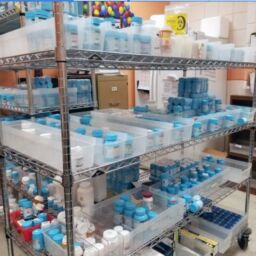
This study represents a rigorous, multi-state evaluation that highlights the impact of a charitable medication access program on hospital utilization for the medically under-served population.
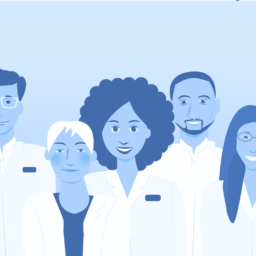
The Outcomes of Implementing and Integrating Comprehensive Medication Management in Team-Based Care: A Review of the Evidence on Quality, Access and Costs, December 2023
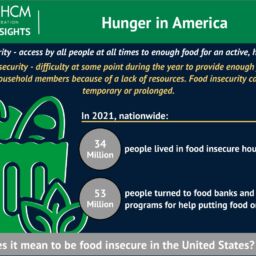
More than 34 million people in the United States were living in food insecure households in 2021, a decline from 38 million in 2020. The combination of the expanded child tax credit, Supplemental Nutrition Assistance Program benefits, and private donations all contributed to reducing food insecurity during the pandemic. Still there is much more work to be done, with food costs spiking 11.4%, the largest annual increase since 1979, inflation factors could easily cause food insecurity to grow.
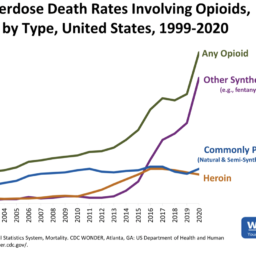
Patients taking opioid dosages at or above 50 MME/day are twice as likely to overdose compared to those taking 20 MME/day, and the risk further increases as the MME/day increases.
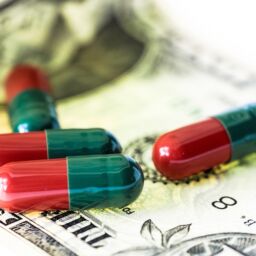
Uninsured adults and those in worse health continue to report higher rates of not getting care due to costs

The five most recent states to expand the scope of reimbursement for pharmacists are Maryland, Missouri, North Dakota, Virginia and Wyoming
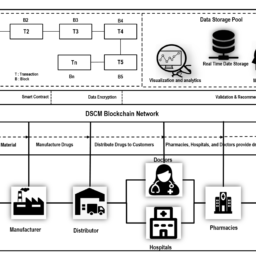
FDA approves 1 Year delay of Track & Trace requirements
Good Pill will provide direct access to hundreds of life-saving medications and save families $150+/month on healthcare cost
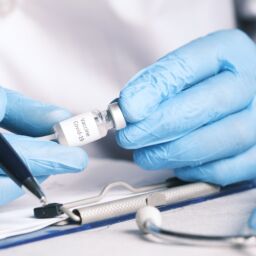
Starting Sept. 25, Americans can again order free COVID-19 tests through the federal government.
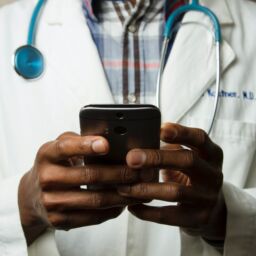
Medication non-adherence has led to at least 100,000 preventable deaths each year and $100 billion annually in preventable healthcare costs in the United States
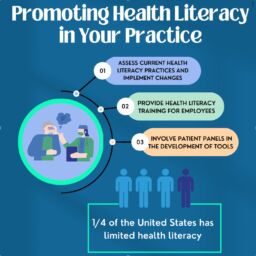
Around one fourth of the United States population does not have adequate health literacy.
Health literacy is defined as the ability to obtain, read, understand, and apply healthcare
information

The pharmacy industry sees at least five changes
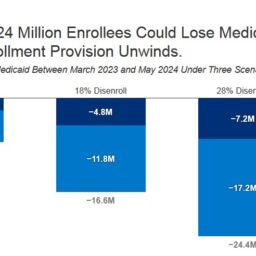
How Many People Might Lose Medicaid When States Unwind Continuous Enrollment?
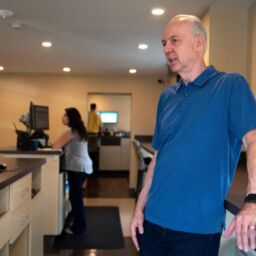
‘Unbelievably good price’: KC-area pharmacy dispenses bargain medicine — and hope Go to article

